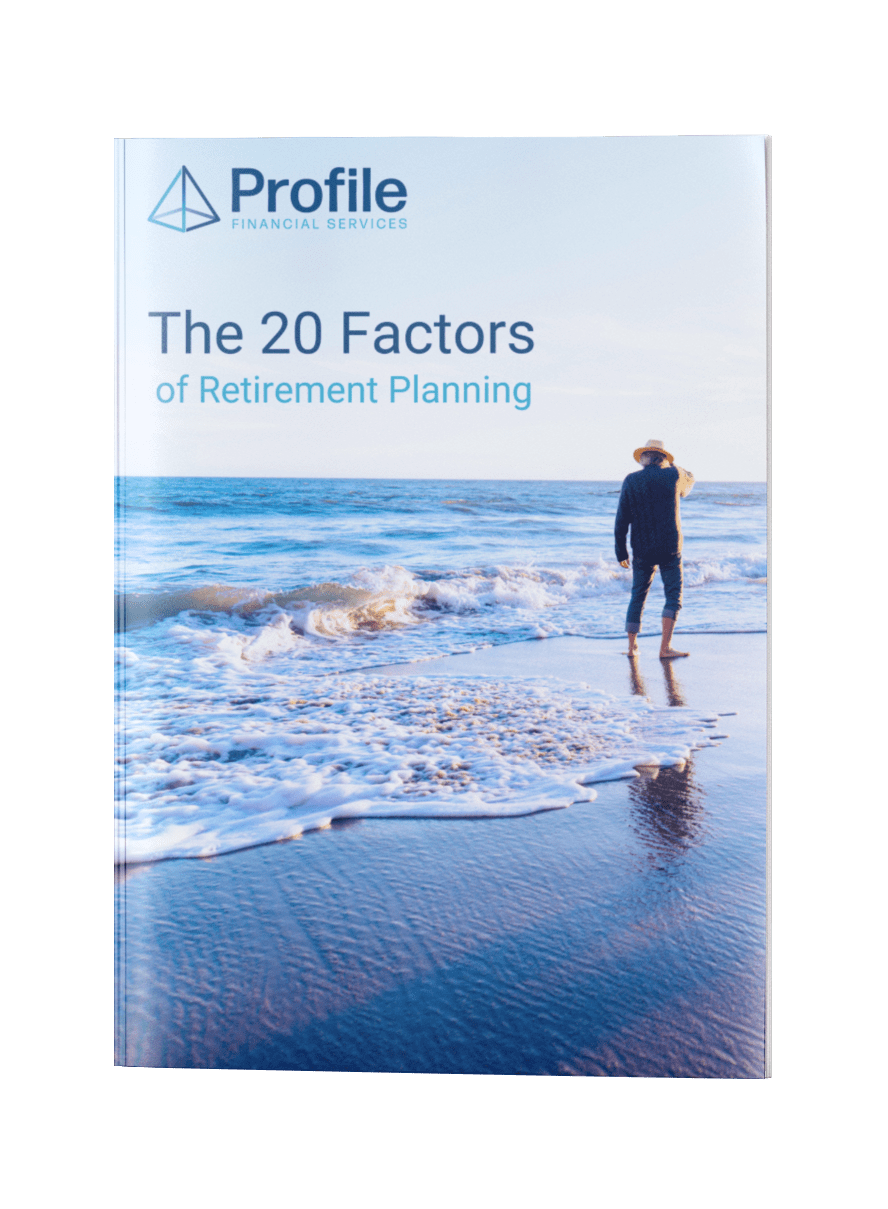Retirement planning can be a daunting task which can be made simpler by avoiding common retirement planning mistakes.
While transitioning to the next stage of life can be exciting, it also brings concerns about avoiding unnecessary mistakes that could significantly affect one’s lifestyle and financial well-being.
A common query we receive as advisors pertains to the amount needed for a comfortable retirement. This question is very subjective, and will vary wildly due to many factors such as the level of comfort you want to live in, where in Australia (if at all) you want to live, and what your priorities are in retirement.
In the 37 years of helping Australians retire we’ve seen a lot, and today we want to share with you the four biggest retirement planning mistakes we constantly see from people at the start of working with us.
Biggest Retirement Planning Mistake #1 – No Plan
No pillars (or plan) to retirement.
When embarking on the process of retirement planning, most pre-retirees need to consider their goals and objectives for retirement, whether it involves travel, volunteering, or enjoying the comforts of home.
We often find individuals have spent so much time during their accumulation years working, raising a family, holidaying, and in general going through the motions of that phase of life, that when it comes time to plan out retirement they don’t have strong pillars to retirement. That is, they don’t understand what retirement as a whole should contain for themselves and their partner.
Without a clear understanding of your retirement destination, you may not grasp your capital requirements or income needs. Approaching retirement without a well-defined plan, solely based on age or a desire to escape work, puts you at risk of inadequate capital to sustain you throughout your lifetime. Therefore, the first and most significant mistake people make is not having a game plan in place.
Some retirement planning pillars include:
-
- where you want to live?
- what level of comfort/standing of living do you want to have?
- do you want to be close to family?
- will you continue to work part-time/volunteer?
- what activities will you be doing in retirement?
- will you travel in retirement?
- and many more
Biggest Retirement Planning Mistake #2 – Not Saving
Not saving enough
The second biggest retirement planning mistake pre-retirees often make is not saving enough or building their asset base enough to support their desired lifestyle in retirement.
While your employer is now required to contribute 11% of your annual income to your superannuation fund, this may not be sufficient to maintain your desired lifestyle during retirement. With increasing life expectancy, the time we spend working compared to our retirement years is shrinking.
For instance, consider someone who lives to be 100. If they started working at 20 and retire at 65, they’ve worked for 45 years and now need to support themselves in retirement for 35 years. Therefore, the key mistake here is not making contributions to super or setting aside funds outside of super for retirement above the standard 11% superannuation guarantee.
By setting money aside either outside or inside super, you can gain the benefit from the power of compounding interest, which can significantly bolster retirement savings over time. So, the key takeaway is that saving and investing more today can lead to a much happier, comfortable, and financially secure retirement down the road – throughout all your years of retirement.
Biggest Retirement Planning Mistake #3 – No Purpose
Finding a purpose.
The third biggest retirement planning mistake we often encounter is individuals not finding a purpose for themselves, and ultimately their retirement.
We’ve worked with individuals to help them find a purpose and meaning in their lives now that they are retired and the difference is remarkable. From both a fulfilment perspective and also from a savings perspective, people who have spent the time to plan their goals, dreams, and what they want to do often get to achieve these without blowing through a significant portion of their savings.
It can be difficult transitioning from a career where you’ve been an important and integral part of a company, a team, a unit, to now be waking up everyday without that same routine. Those who can find a new purpose often start appreciating the money they have saved more and can understand purpose that it serves them in retirement.
For instance, consider a recently retired couple who decided to purchase a brand-new motorhome and renovate their family home. Now, they find themselves relying solely on social security for their living expenses as a large amount of their savings as been spent in an ill-advised fashion.
While we understand that people have worked hard and dreamed of owning a motorhome, it’s essential to realise that they are now living on a very tight budget, relying solely on the age pension. It’s crucial to strike a balance between enjoying your retirement and being financially responsible.
Ensuring that your greater purpose in retirement is identified can help you achieve this, whilst maintaining the savings needed to support your desired lifestyle throughout your retirement years.
Biggest Retirement Planning Mistake #4 – No Emergency Fund
No emergency fund.
The fourth biggest retirement planning mistake that we often encounter is not establishing a sufficient financial cushion for the unforeseen events in life.
A great example of this is the escalating medical expenses as individuals age. Healthcare costs tend to rise with age due to potential health issues and specialised care needs. Yes, unfortunately, it’s a fact of life. Therefore, it is integral that individuals take the necessary steps to create a financial buffer to help cover these costs.
These costs tend to happen later in the 27 years that the average Australian will live whilst being retired. That means planning and ensuring that all the travel, restaurants, activities, and family gifts/support in the first 15 years of retirement (while you’re younger, fitter, and healthier) don’t drain your savings for what may be needed in the last 12 years.
In essence, neglecting to account for healthcare expenses can jeopardise retirement finances, and could leave you in a vulnerable position later in life when you are in a more vulnerable position health wise. This highlights the importance of prudent planning for medical costs in later years.
Avoiding the Common Pitfalls
Remember, retirement planning is a journey, not a destination. By avoiding these common pitfalls and taking proactive steps, you can navigate the path with confidence and embrace a fulfilling and worry-free future. In summary take the steps below to improve your chances of success:
-
- Create your personalised plan: Reflect on your desired lifestyle, calculate estimated expenses, and factor in inflation and healthcare needs. Seek professional guidance to solidify your strategy.
- Save consistently: Every dollar counts! Embrace the power of compounding interest by starting early and contributing regularly to your retirement accounts.
- Find your purpose: Don’t lose sight of what truly matters in retirement. Balance enjoyment with responsible spending to ensure your nest egg lasts the distance.
- Prepare for the unexpected: Establish an emergency fund to cover unforeseen medical expenses and avoid derailing your financial security.
Bonus Tip:
Stay informed! Explore resources, consult financial advisors, and adjust your plan as needed to adapt to changing circumstances. With knowledge and commitment, you can turn your retirement dreams into a beautiful reality.






